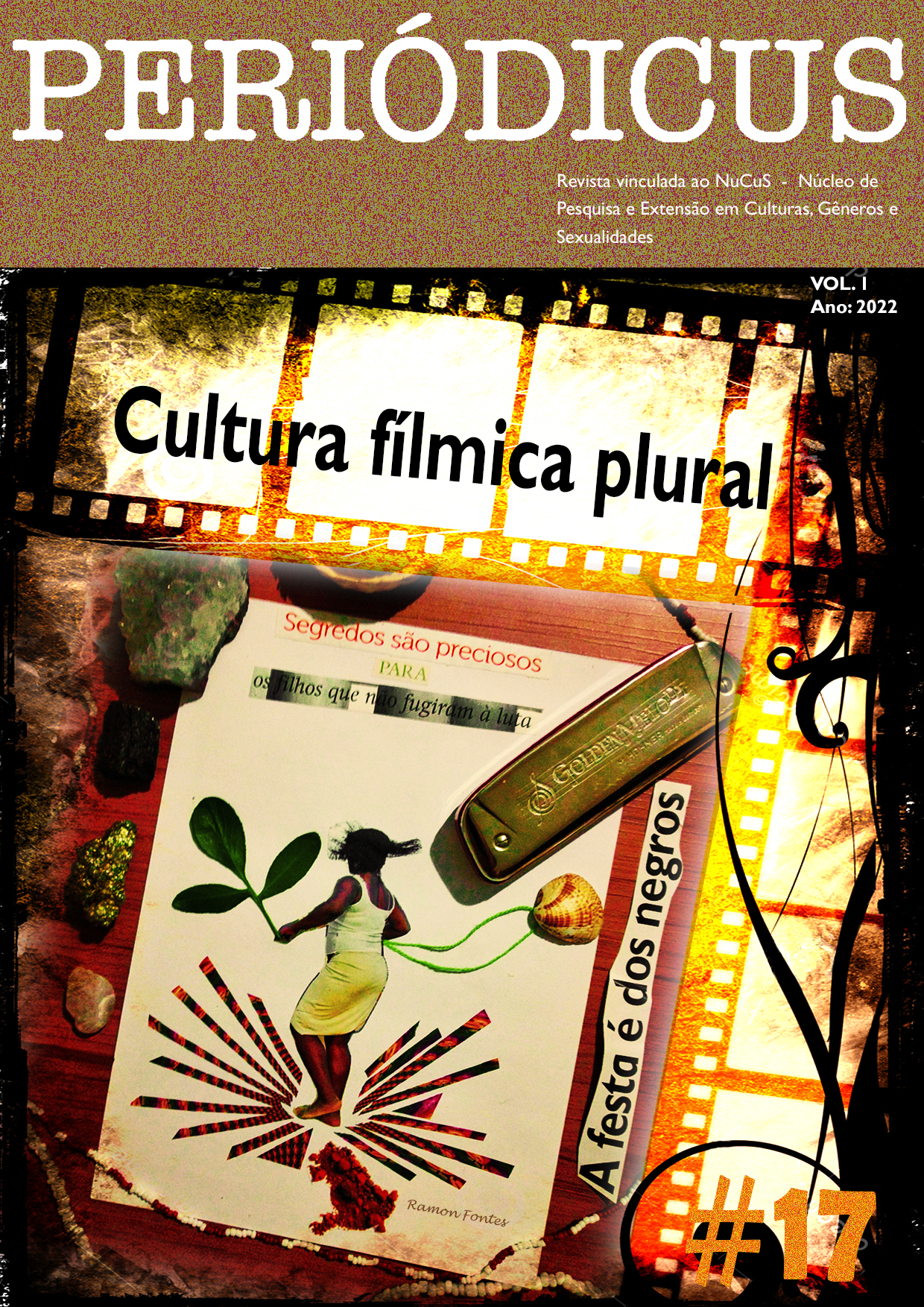Respeito, mas… episódio de radiodifusão do preconceito à diversidade sexual por meio do humor:
desconstrução de um argumento LGBTfóbico velado
DOI:
https://doi.org/10.9771/peri.v1i17.42065Resumo
Resumo: Este ensaio tem origem na audição de uma fala LGBTfóbica difundida por um programa de uma emissora de rádio em Livramento de Nossa Senhora, no interior baiano. Neste texto, cujo objetivo apriorístico foi advertir, pela via da instrução, os difusores do episódio de preconceito, resgato o histórico de implementação e regulamentação do rádio e seus princípios no Brasil. Além disso, apresento levantamentos estatísticos que indicam a audiência que tal veículo alcança no país mesmo em nossos dias, enfatizando o impacto que as informações radiodifundidas têm nas cidades interioranas. Esta metodologia objetivou introduzir o processo de análise, caracterização e desconstrução da fala do locutor da emissora, permitindo-me classificar o episódio como um de caráter LGBTfóbico, ainda que velado e disfarçado pelo recurso do humor. Sustenta, teoricamente, o cerne dos processos analíticos uma revisão de literatura com variados autores que discutem preconceito, LGBTfobia e o emprego do humor como instrumento de discriminação.
PALAVRAS-CHAVE: Radiodifusão do preconceito. LGBTfobia velada. Humor.
Downloads
Downloads
Publicado
Como Citar
Edição
Seção
Licença
Copyright (c) 2022 Kleber Santos Chaves

Este trabalho está licenciado sob uma licença Creative Commons Attribution-NonCommercial 4.0 International License.
Autores que publicam nesta revista concordam com os seguintes termos:
Autores mantêm os direitos autorais e concedem à revista o direito de primeira publicação, com o trabalho simultaneamente licenciado sob Licença Creative Commons Attribution Noncommercial que permite o compartilhamento do trabalho com reconhecimento da autoria e publicação inicial nesta revista, sendo vedado o uso com fins comerciais.
Autores têm autorização para assumir contratos adicionais separadamente, para distribuição não-exclusiva da versão do trabalho publicada nesta revista (ex.: publicar em repositório institucional ou como capítulo de livro), com reconhecimento de autoria e publicação inicial nesta revista.
Autores têm permissão e são estimulados a publicar e distribuir seu trabalho online (ex.: em repositórios institucionais ou na sua página pessoal) a qualquer ponto antes ou durante o processo editorial, já que isso pode gerar alterações produtivas, bem como aumentar o impacto e a citação do trabalho publicado (Veja O Efeito do Acesso Livre).








